Choosing organic is a great way to avoid harmful chemicals in your food. But what are the differences between organic and conventional farming methods?
Organic farming relies on natural fertilizers like compost, animal manure, and green manure to give plants nutrients. These natural materials also help to improve soil structure and filtration.
Food Quality
In general, organic agriculture involves growing a variety of crops without the use of synthetic fertilizers, pesticides, and genetically modified organisms. This method enhances soil health, increases biodiversity and reduces pollution of water and air due to chemical runoff.
In comparison, conventional farming aims to maximize yields through the application of a number of chemicals and fertilizers, which can also be genetically engineered. This method has been heavily criticized for causing biodiversity loss and soil erosion, but it can be an efficient way of providing food for the current population.
There are many factors that affect the quality of foods produced by both organic and conventional methods. For example, the type of crop grown and how long it has been cultivated will impact its nutritional content. Moreover, the nutrients in the soil will also be affected by the practices used. Lastly, the type of pesticides used will affect the level of the resulting residue on the food.
Safety
Organic farming methods do not use synthetic pesticides, herbicides or fertilizers. These practices help to build soil health and reduce pollution, resulting in healthier crops.
The soil on an organic farm is enriched by compost, manure and other natural materials prior to planting. Organic farmers rely on crop rotation, hand weeding and mulching to control weeds, as well as insect and bird control (including the use of non-organic traps).
In addition to protecting plants from harmful chemicals, organic standards prohibit the use of antibiotics or bioengineered genes. Animals on organic farms are fed a diet that is natural, organic and non-GM.
In contrast, many conventional farms apply fungicides and insecticides before they plant their seeds, and the water they irrigate with contains added chemicals to prevent insects from stealing the seeds. In fact, conventional farmers may spray their crops up to twice a month.
Environment
A growing world population requires a lot of resources, including water, fuel and soil. It's vital that these resources are used efficiently to meet demand without compromising the environment.
Conventional farming practices rely on heavy use of chemical fertilizers, herbicides and pesticides to produce high yields. These chemicals can destroy the soil and contaminate nearby water sources.
In contrast, organic farmers work to maintain healthy soils. They replace nutrients and structure in the soil where a crop was planted, so that future crops can grow.
They also promote multiple cropping and enhance biodiversity, which boosts productivity and resilience and helps to create a more sustainable farming system. In addition, organic farmers do not use genetically modified organisms, which may disrupt the environment. They also restrict the use of synthetic pesticides, which are known to be harmful to wildlife and ecosystems.
Cost
Organic farming is considered a more eco-friendly system than conventional farming because it favours renewable resources, recycles nutrients, uses the environment's own systems for controlling pests and diseases, sustains ecosystems, protects soils, and reduces pollution.
However, one of the main drawbacks of organic farming is that it is more expensive to practice than conventional farming methods. This is because organic farmers must rely on their own labor in order to produce the organic inputs required for the production of organic foods.
Conventional farming methods tend to use chemical fertilizers and pesticides to maximize the yield of their crops. These chemicals can damage the environment and ecosystems, and they also pose a health risk to human beings.
In organic agriculture, however, the goal is to increase biodiversity in plants, which helps in preventing soil erosion and getting rid of pests and weeds. It also protects the soil from depletion and increases nutrient release. This can help lower the cost involved and prevent soil pollution.
Frequently Asked Questions
What is organic food?
Organic produce does not contain synthetic fertilizers, pesticides and sewage sludge. It is also grown without irradiation or genetic engineering. No growth hormones are used, and there is no animal testing. These crops are allowed to grow naturally, so farmers do not use chemicals to prevent weeds or pests.
Organic farming practices can also preserve soil quality by reducing erosion, and conserving water resources. Organics are also better for your health as they contain more nutrients that conventional food. Organic products are more nutritious than conventionally grown foods and have lower calories and fiber.
What are the best organic vegetables for you?
Organic vegetables are the healthiest and most nutritious foods available to humans. They are among the most nutritious foods on Earth.
Organic produce is free from pesticides and herbicides. These chemicals pose severe risks to our health and environment.
Organic produce also contains higher levels of nutrients, vitamins. minerals, antioxidants. phytonutrients. enzymes. fibre. Essential fatty acids. Because we absorb these nutrients better from organic foods, this makes them healthier.
Organic vegetables taste delicious and are safe for you to eat. Organic produce is safe to eat.
Any grocery store can sell organic fruits and vegetables. They can be labeled organic if they are grown according to USDA guidelines.
What should I be looking out for when shopping organic products
USDA-certified organic labels should be sought. This certifies that the product has met certain standards set by USDA. On packages, boxes, cartons or cans, look out for the USDA Organic seal.
When purchasing meat, ensure it is 100% organic. Cattle are ruminants. They eat the whole animal. Ruminant cattle can be found with four stomach compartments: the rumen, the reticulum, omasum, abomasum and omasum. To be labeled '100% organic, all animal parts must be organically nourished.
Buy chicken from only organic chickens that have been fed 100% organic food and are not given antibiotics. Chickens are omnivores, meaning they eat both plants and animals. A digestive tract that is omnivorous includes a crop, proventriculus and gizzard. It also contains small intestines, large intestines, and anus.
You should ensure you only buy dairy products made from milk that has been produced by cows who have been fed 100% organically grown food. Just like ruminants have four stomachs, dairy cows have four. Milk comes from the fourth stomach compartment--the udder.
Check the label when purchasing livestock of any other type to find out what percentage was used in the animal's diet. Pork may be labeled "95% Organic" which means that 95 percent of its feed was organic.
Why should I buy organic?
There have been many health problems linked to conventional farming, including allergies, asthma, diabetes, obesity, cancer, birth defects and hormone imbalances. You must make healthy choices when buying food.
The Environmental Working Group offers these tips:
Buy organic fruits and vegetables whenever possible.
USDA organic labels for meat, poultry eggs, milk and cheese as well butter and honey are recommended.
Avoid processed foods labeled as "natural" or "no additives."
Check ingredient lists carefully. If an ingredient isn't listed, it may be added during processing.
You should choose fresh meats rather than frozen or canned. Many frozen and canned foods contain less nutrients, like high fructose Corn Syrup.
Statistics
- Popular clothing brands, like Patagonia, are labelled as organic by using 100 percent organic cotton for many of their styles. (en.wikipedia.org)
- As for organic meat, regulations require that animals be raised in living conditions that accommodate their natural behaviours (like the ability to graze on pasture), fed 100% organic feed and forage, and not administered antibiotics or hormones. (usda.gov)
- Cosmetic brands such as Laurel and Rose Mira are 100 percent organic and have a wide array of skincare products. (en.wikipedia.org)
- To provide the highest quality products and services to every customer, with a dedicated workforce that puts the customer first and takes the extra step to achieve 100% customer satisfaction and loyalty. (hollinsorganic.com)
External Links
ncbi.nlm.nih.gov
- PubMed: Evaluation of the micronutrient content of plant foods grown using conventional and organic agricultural methods.
- PubMed: Comparison of the total phenolic, ascorbic acid and freeze-dried strawberry, marionberry, and corn grown with conventional, organic, sustainable agricultural practices.
sciencedirect.com
- Organic food and impact on human health: Assessing the status quo and prospects of research - ScienceDirect
- Technical note: Simultaneous analysis of vitamin and carotenoid content in milk from cows fed total mixed rations. Xanthophyll detection is possible - ScienceDirect
ams.usda.gov
doi.org
- Occupational Pesticide Exposures and the Cancer Risk: A Review. Journal of Toxicology and Environmental Health. Part. B. Vol 15, Issue 4.
- Genetically modified foods - safety, risks and public concern - A review - Journal of Food Science and Technology
How To
5 Reasons Why You Should Buy Organic Products
Organic foods are organically grown without the use of pesticides or synthetic fertilizers. They are free from genetically modified organisms and irradiated substances. Their production methods do not involve sewage sludge or industrial solvents. The food's natural environment is protected from contamination during its growth cycle. It does not contain artificial preservatives or additives. There are no hormones and antibiotics used. They are also grown in conditions that ensure they retain their nutritional value for longer periods of time.
- Health benefits. Organic produce contains less chemicals that nonorganic. It's therefore less likely that it will cause allergies and other sensitivities. You also consume fewer toxic substances and carcinogens.
- Eco-friendliness. Produce grown without synthetic fertilizer and pesticides requires very little water. Organic farms are located far from cities where there is a lot of pollution, because they require so much energy to grow. This helps to reduce the amount of air pollution.
- Sustainability. Organic farming relies more on soil fertility than chemical fertilizers. This results is healthier soils with higher organic matter. It is better for soil health to rotate crops and allow the land to fallow regularly. Farm animals that eat only grasses, grains and no antibiotics develop strong immune systems.
- Taste. Conventional fruits and vegetables often taste bland because they're picked at peak ripeness, then shipped long distances to grocery stores. Organic produce is sweeter and richer because it was harvested at the peak of its ripeness.
- Nutrition. GMOs and BPA are common in processed foods. You can avoid them by sticking with whole foods such meat, fish, eggs, seafood, seeds and beans, as well as fruits, veggies, herbs, and vegetables.
Resources:
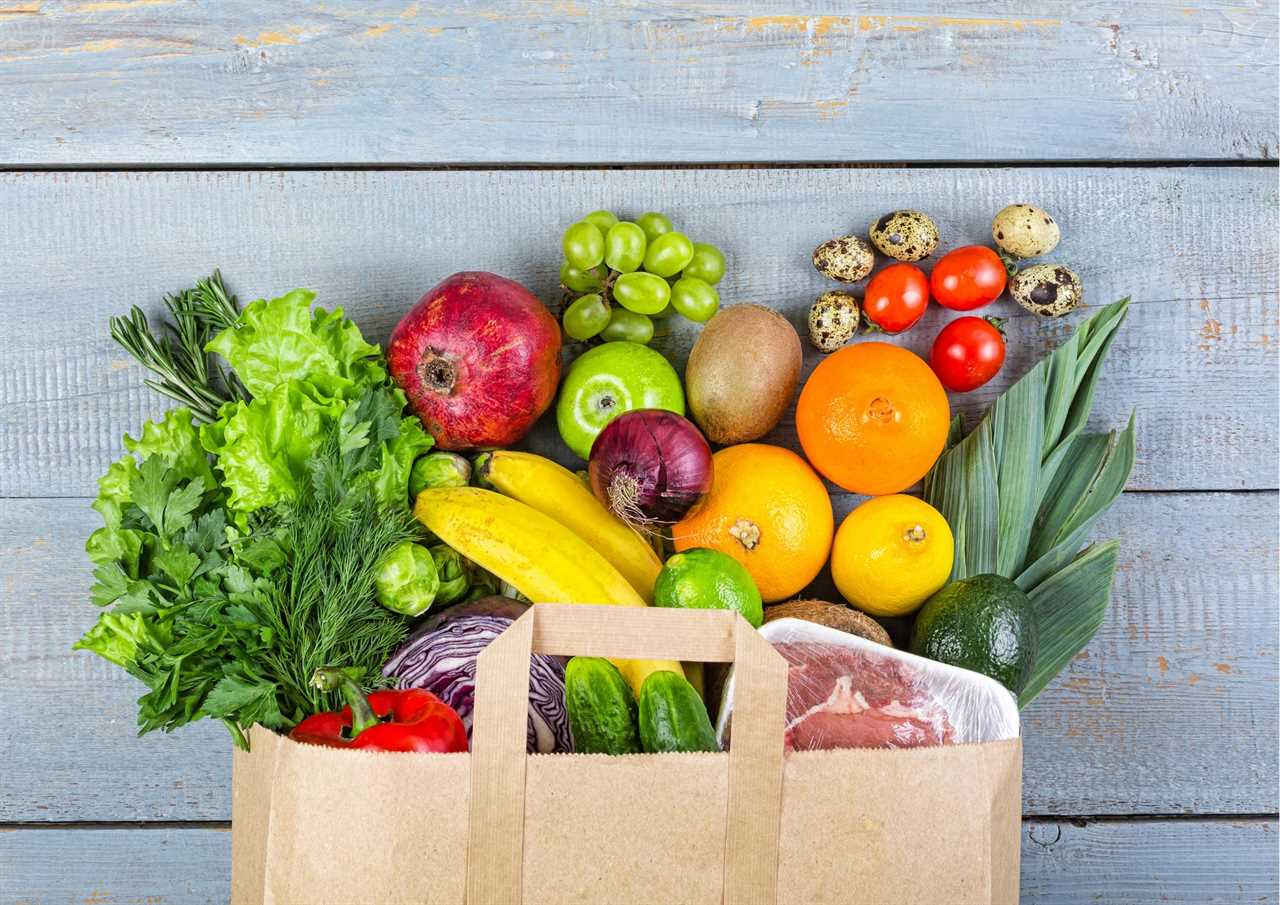 |
Health benefits of eating organic?A review in The Annals of Internal Medicine failed to find strong evidence that organic foods are significantly more nutritious than conventional foods. Lisa |
 |
The Benefits of Crop RotationCrop rotation is a way to grow multiple types of crops in the same space. This is done in an effort to diversify the ecosystem, reduce pest and weed.. |
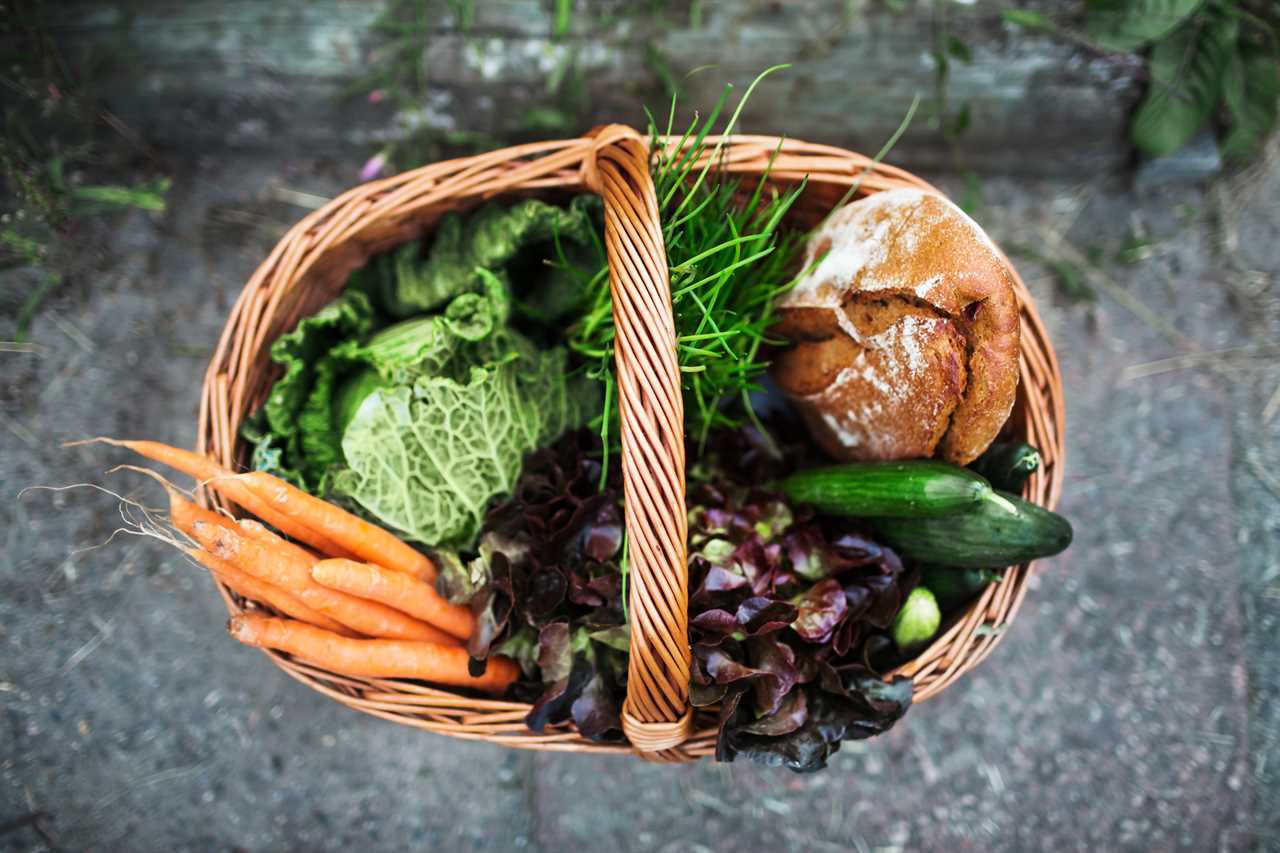 |
Do I Need To Eat 100 % Organic Food? – Dr. BergFor more info on health-related topics, go here: https://bit.ly/2YI8NLc Take Dr. Berg's Free Keto Mini-Course: http://pxlme.me/-i717vtY […] |
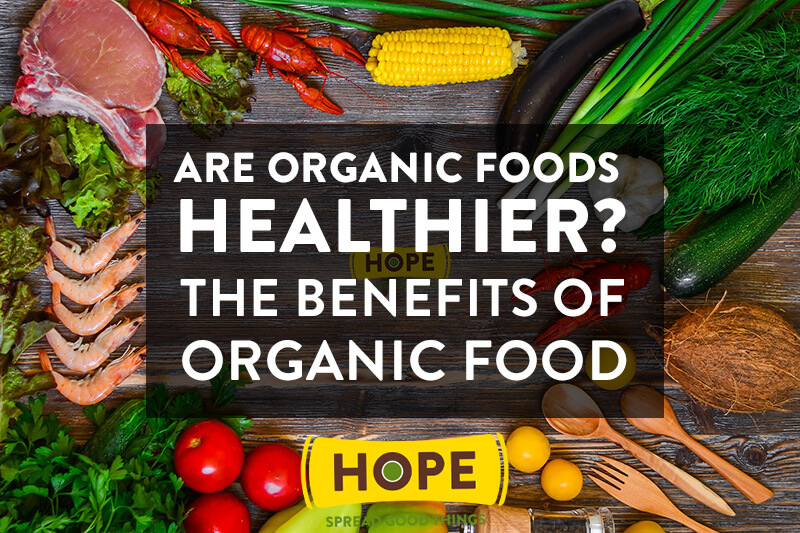 |
The Importance of Soil Conservation in Meeting the Sustainable Development GoalsSoil conservation is important for maintaining the soil's health and resilience. The microbial and faunal communities in the soil are impacted by.. |
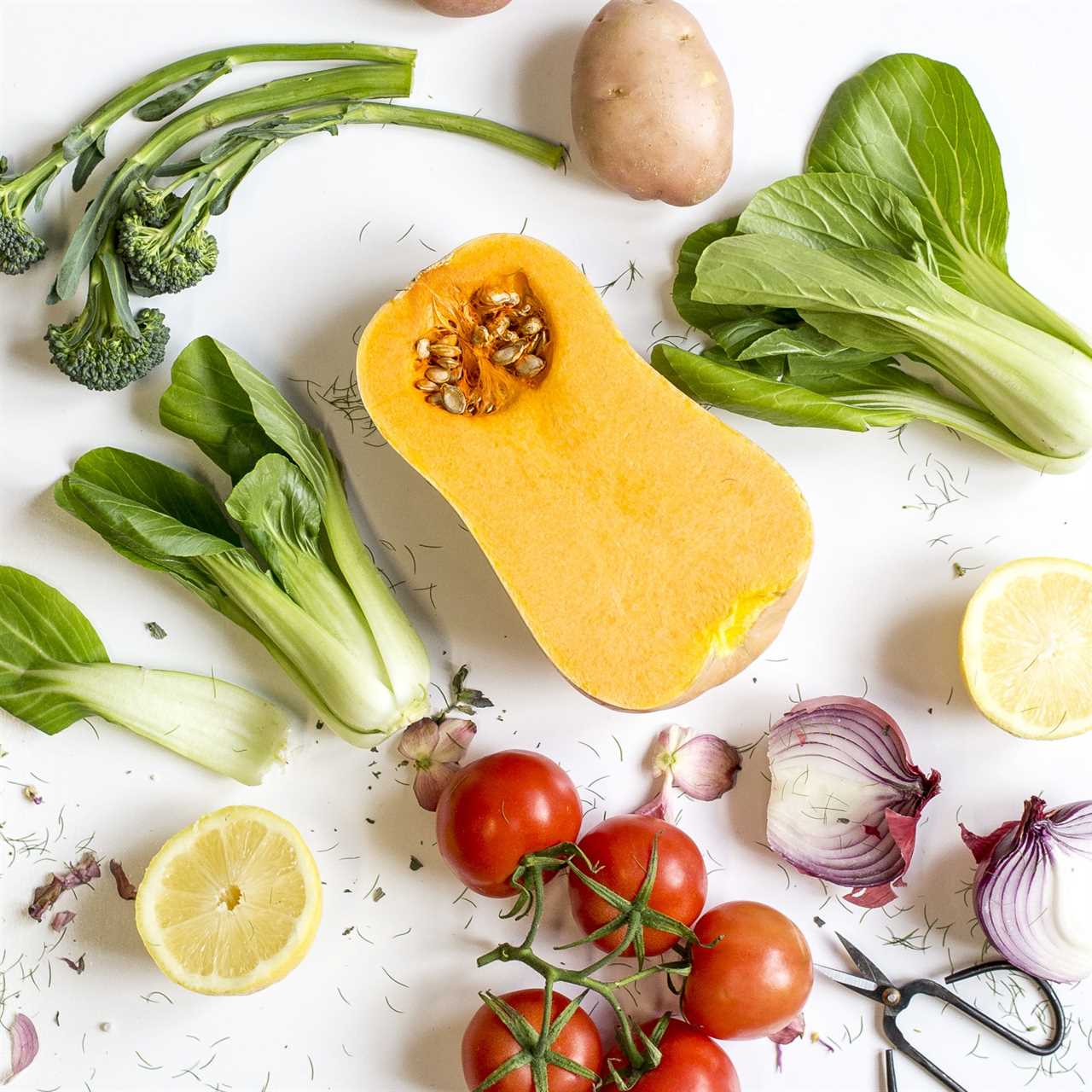 |
Benefits of Organic FarmingOrganic farming is one of the best ways to help protect the environment. It can also provide a number of benefits for your farm, including increased.. |
 |
Is `organic` food actually healthier for you?Dr. Marc talks about organic food. |
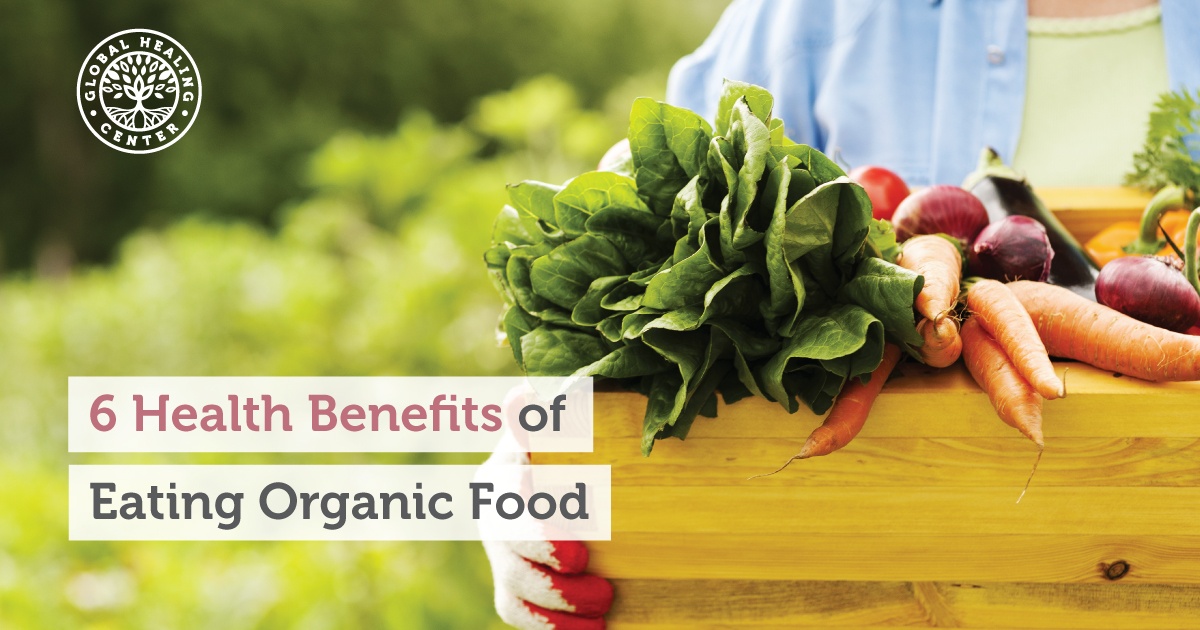 |
Organic Farming MagazineOrganic farming magazine is a resource that provides you with the latest information on organic agriculture, health, and sustainability. It also.. |
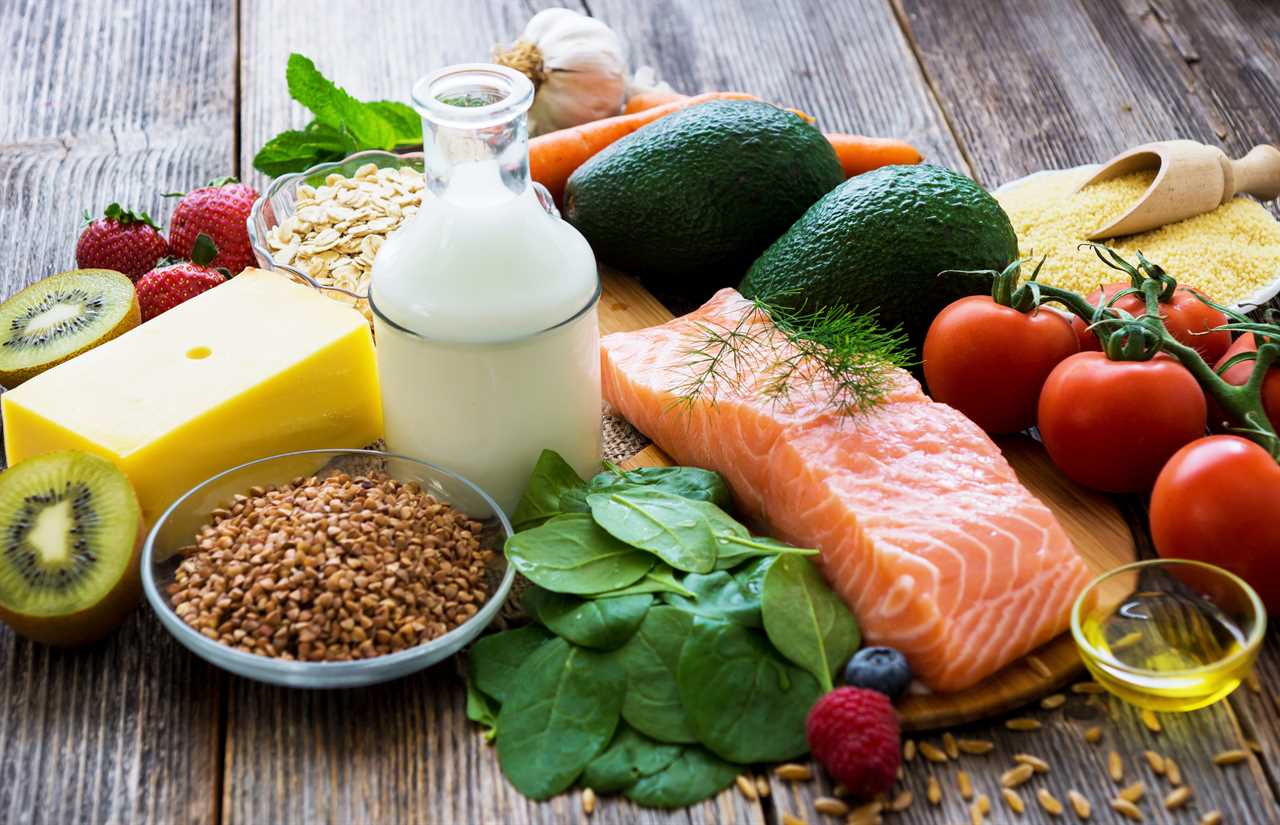 |
Is Organic Food Really Worth It?The organic food industry is a booming business. U.S. organic sales surged in 2020, jumping by 12.4% to $61.9 billion. With consumers being more health |
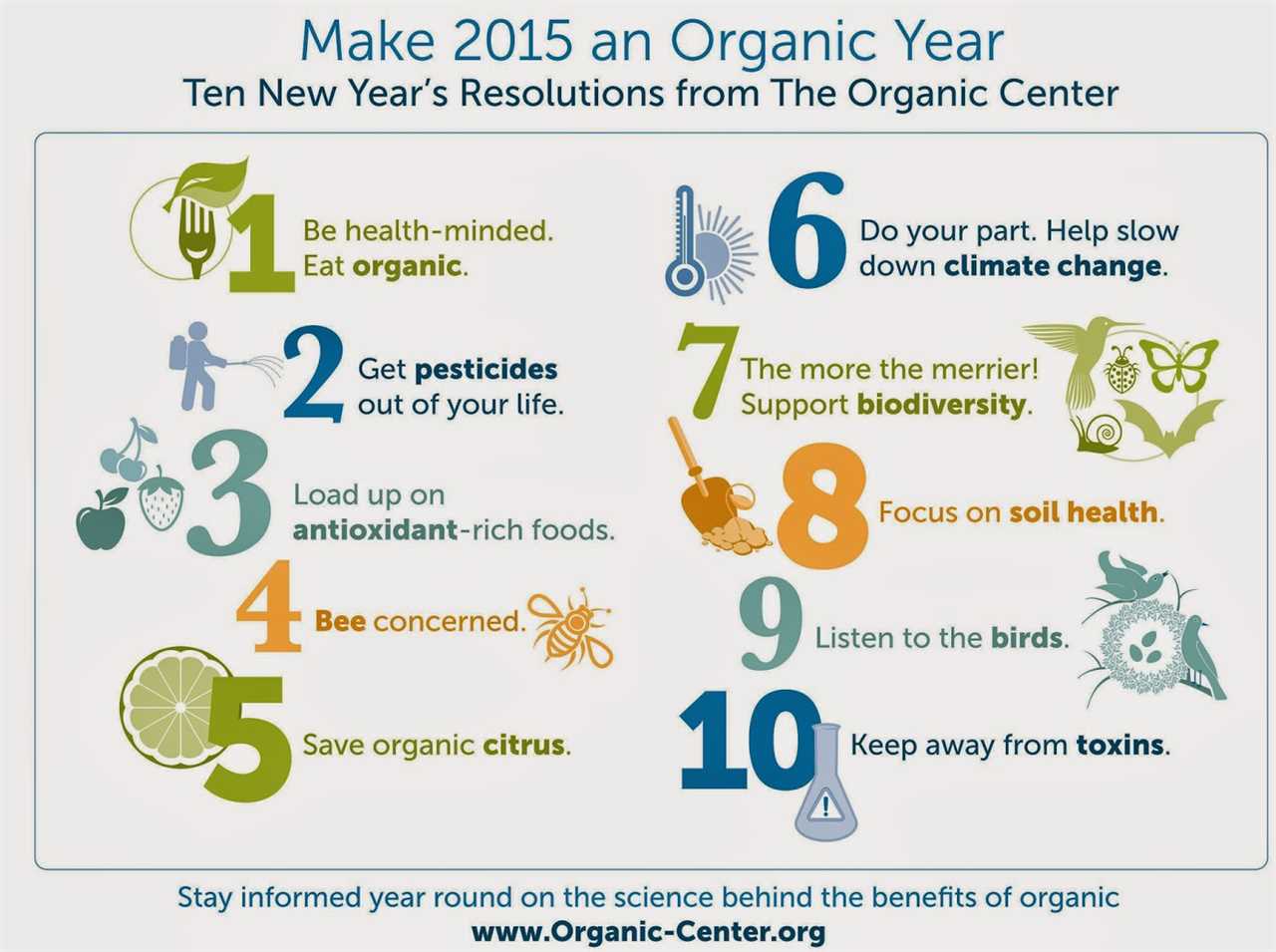 |
The Difference Between Organic Milk and Regular MilkOrganic milk is a type of milk that comes from livestock that is raised according to organic farming methods. This is a term that is regulated by.. |
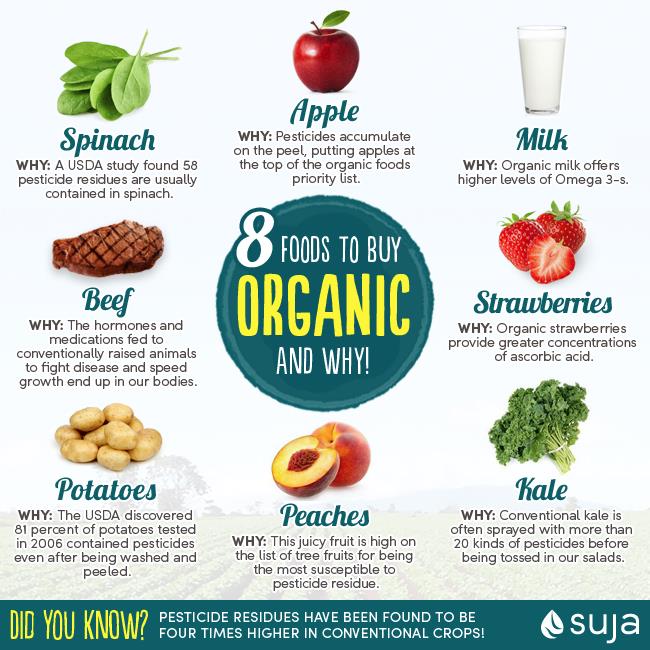 |
The Benefits of CompostingComposting your waste can be a very effective way of ensuring that your organic material is being broken down to the best of its ability. When.. |
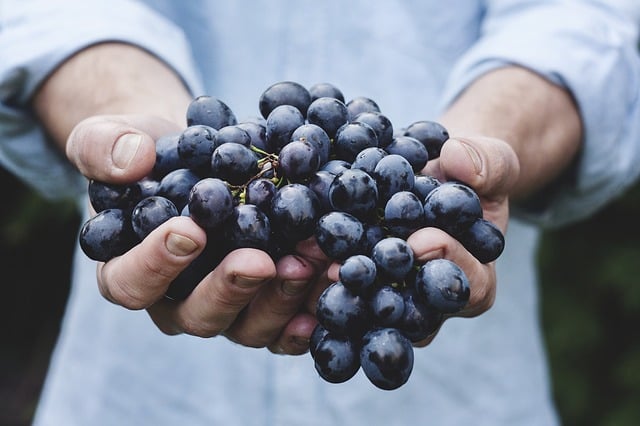 |
Is Organic Farming Beneficial to Biodiversity?Organic farming is a growing interest in the scientific community, and researchers have been investigating whether the practice is beneficial to.. |
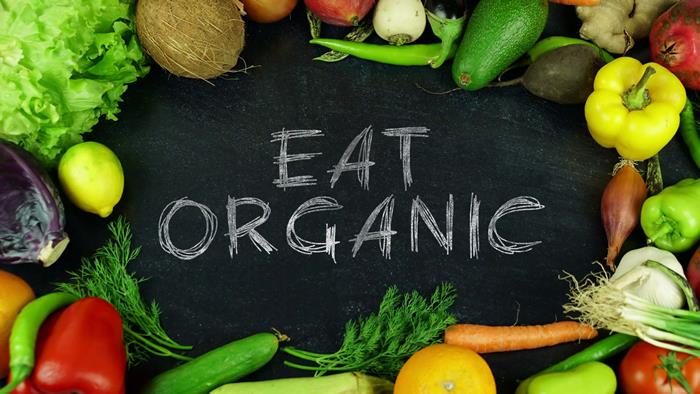 |
Organic eatingOrganic Cultur |
 |
What is Organic Cotton?Organic cotton is the type of cotton that is grown without using pesticides or chemicals. It is also the type of cotton that is grown in subtropical.. |
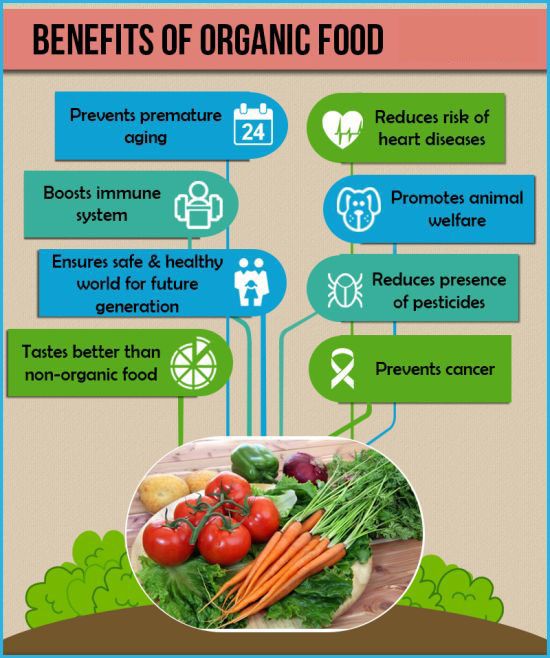 |
Benefits of Cover CropsIf you aren't familiar with cover crops, you may be surprised to learn that they are plants that are planted to grow on top of the soil to help.. |
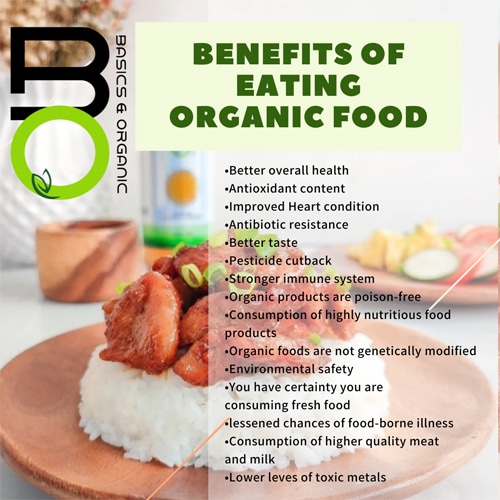 |
Learn How to Become an Organic Farmer Through a Training ProgramIf you are looking to become an organic farmer, there are several ways you can do so. One option is to take a training program that will teach you.. |
 |
Exotic VegetablesWhen it comes to vegetables, there are plenty of choices to choose from. Some of the most popular choices include broccoli, corn, carrots, and.. |
 |
The Benefits and Pitfalls of Organic Farming OrganizationsOrganic farming is an approach to farming that is not only ecologically sound, but also financially feasible. It is a method that is free from.. |
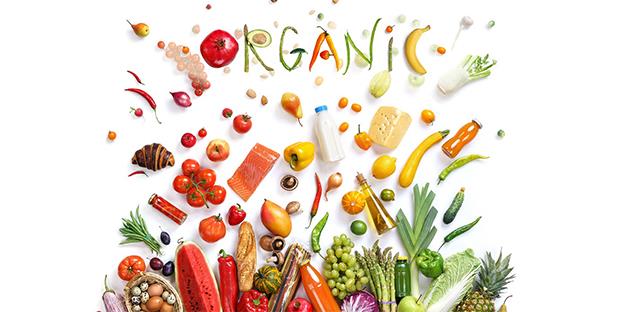 |
Soil Composition and BiodiversityThe soil that we have around us is a vital part of our lives. It is the home for many plants and animals. It also has a texture, a color, and many.. |
 |
Organic Farming PrinciplesOrganic farming is a practice that is designed to be sustainable and healthy. Its principles include avoiding harms produced by industrial farming.. |
 |
When Did Organic Food Start?The answer to the question when did organic food start? will vary depending on the time period in which you are looking at. For instance, it may be a |
 |
Can Organic Be GMO?The question Can organic be GMO is an ongoing debate among many consumers. While it's possible to eat foods that have been produced using genetic.. |
 |
Chhattisgarh's Organic Farming SchoolsThe government of Chhattisgarh has started to introduce organic farming schools. This initiative is intended to provide the young generation with the |
 |
What is a Conventional Farm?Conventional farm is the term used to describe a farm that is not organic. It is a form of agriculture that is associated with better soil quality,.. |
 |
The Rodale InstituteThe Rodale Institute is a nonprofit organization that aims to support research into organic farming. It was founded in 1947 by J. I. Rodale, an.. |
 |
The Latest Research on Organic | The Organic CenterResearched articles about eating Organic food |
 |
Korean GardeningKorean gardening is one of the oldest ways to grow plants. It involves planting herbs, fruits, and vegetables that are used in kimchi, a type of.. |
Did you miss our previous article...
https://belovedsaffron.com/organics/fair-trade-and-ethical-sourcing-of-tea-and-coffee
.png)





